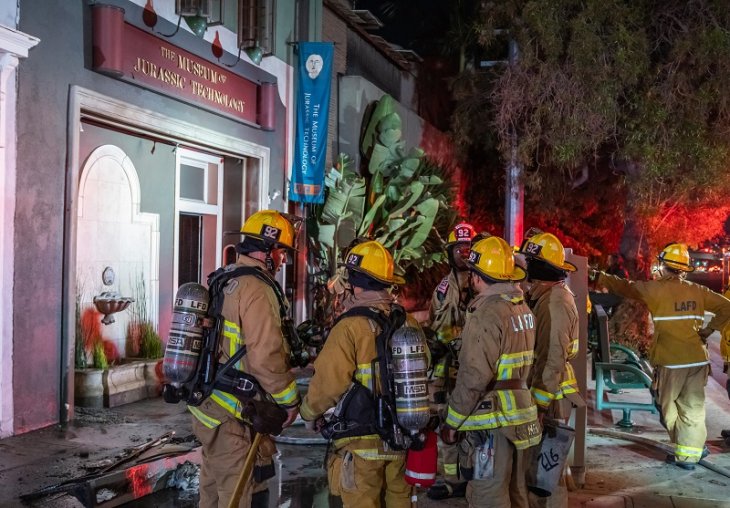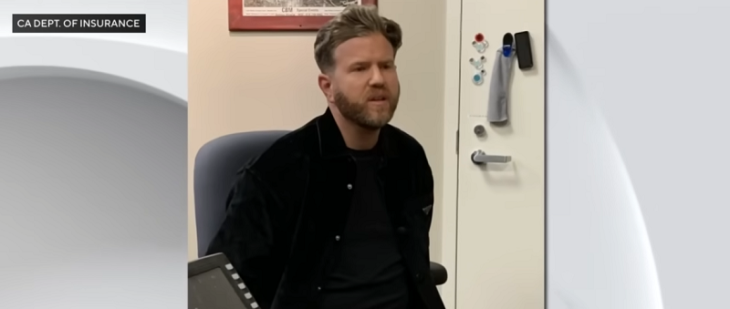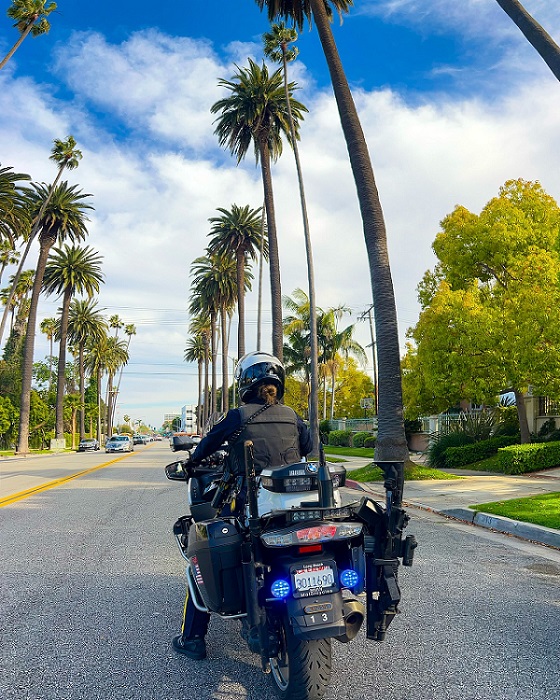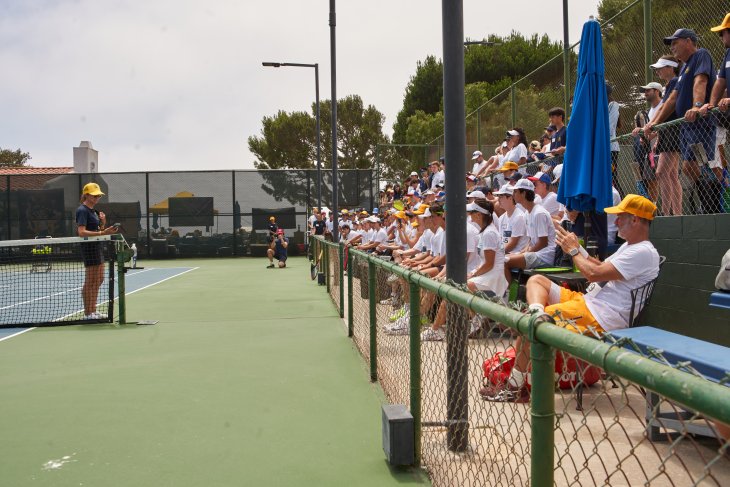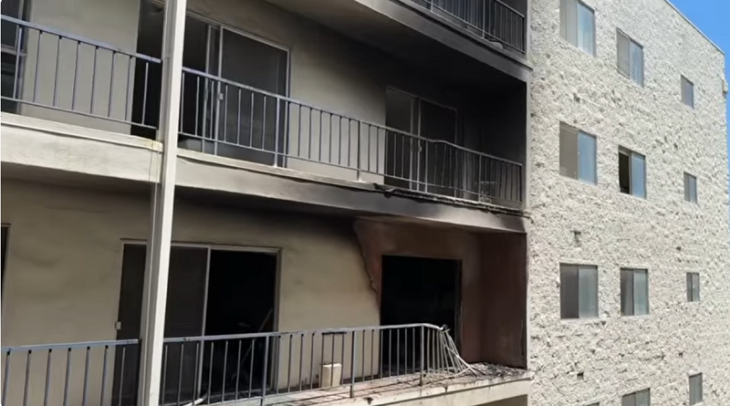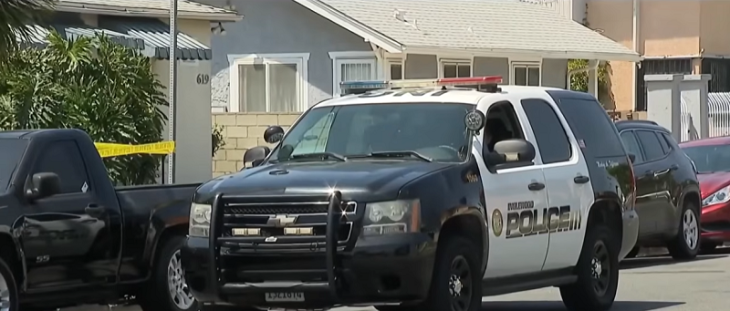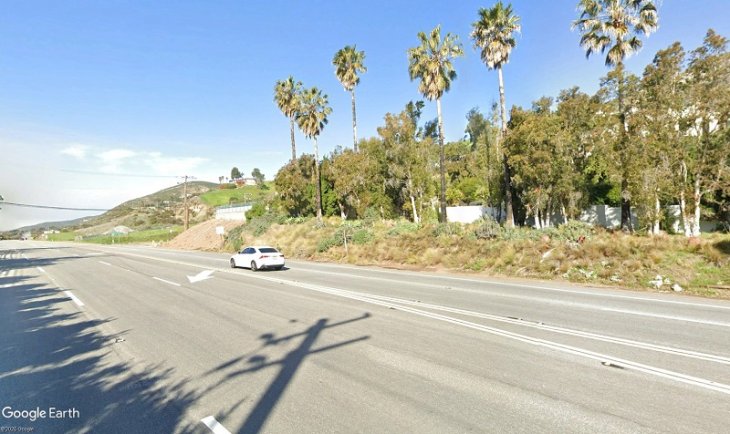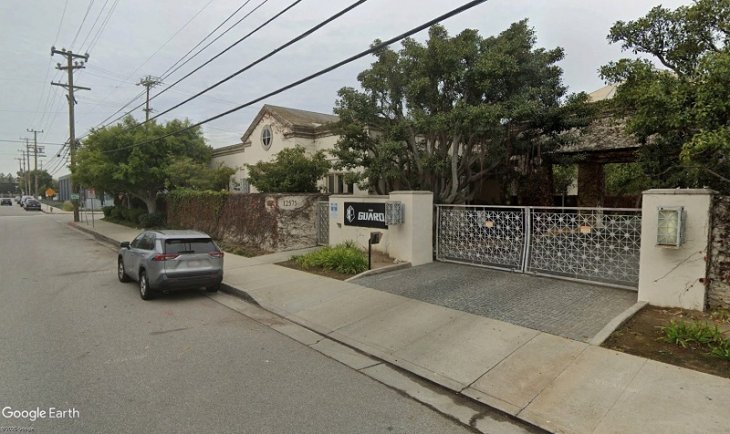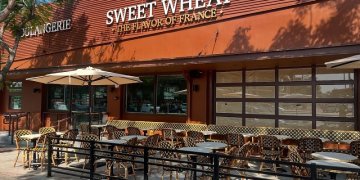A Los Angeles federal judge will decide Thursday if the former director of South Korea’s Earthquake Research Center should be jailed prior to being sentenced in October for money laundering.
Heon-Cheol Chi, 59, of South Korea, was convicted late Monday of using a Southern California bank account to launder bribes he received from two seismological companies, including one based in Pasadena. The offense carries a possible sentence of up to 10 years in federal prison.
The jury that issued the single guilty verdict was unable to reach a unanimous decision on five other money laundering charges. According to evidence presented at trial, Chi laundered funds that were the proceeds of bribes he accepted in violation of South Korea law.
“The American financial system is not to be used as a storehouse for the proceeds of corrupt activity,” said acting U.S. Attorney Sandra R. Brown. “This defendant used a bank account here in Southern California to conceal over $1 million in bribe money obtained through the abuse of his public position. This conviction sends a message that should be heard around the world.”
From at least 2009 through 2015, Chi abused his official position at the earthquake center at the Korea Institute of Geoscience and Mineral Resources to demand and receive more than $1 million in bribes from two seismological companies in exchange for providing them with unfair business advantages in the South Korean seismological market, according to the U.S. Attorney’s Office.
Jurors during the four-day trial in downtown Los Angeles heard evidence that Chi advocated the purchase and use of equipment from the two companies by KIGAM and other South Korean customers.
He also provided the companies with market intelligence and inside information, including confidential information about their competitors and the KIGAM bidding process, according to federal prosecutors.
The evidence showed that Chi directed that his bribe payments be paid in cash or wired to his personal account at a Bank of America branch in Glendora. From that account, Chi transferred roughly half of those bribe payments to an investment account he held in New York City, and he spent nearly 70 percent of the remaining funds in South Korea, where he lived and worked, prosecutors said.
“Defendant Chi exploited the U.S. banking system to enrich himself and to conceal his corrupt practices,” said Deirdre Fike, assistant director in charge of the FBI’s Los Angeles field office. “The FBI and our partners will continue to hold accountable international offenders who gain the advantage on the global playing field by breaking U.S. law.”
In addition to his use of cash payments and the U.S. banking system, evidence showed that Chi took a number of steps to conceal his bribery scheme, including instructing representatives of the companies to delete or not respond to his emails, requesting that company representatives not inform his colleagues at KIGAM of his illegal arrangements with these companies, and by sending fictitious invoices listing a false address in New Jersey.
According to the trial evidence, Chi accepted bribes that exceeded his legitimate income from KIGAM by a substantial margin.
Chi is scheduled to appear Thursday before U.S. District Judge John F. Walter, who will consider a motion by prosecutors to have him remanded into custody to await his Oct. 2 sentencing hearing.







